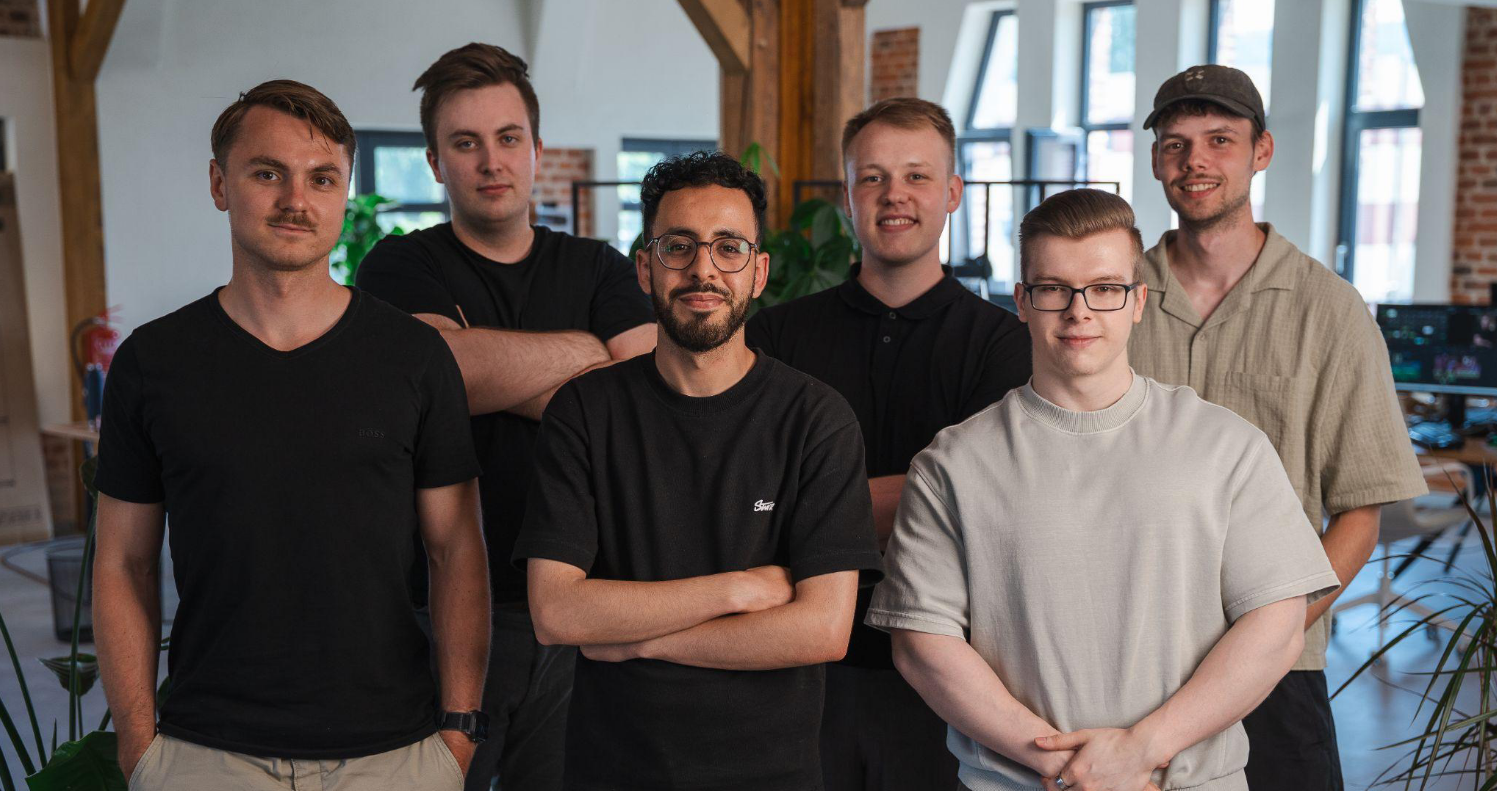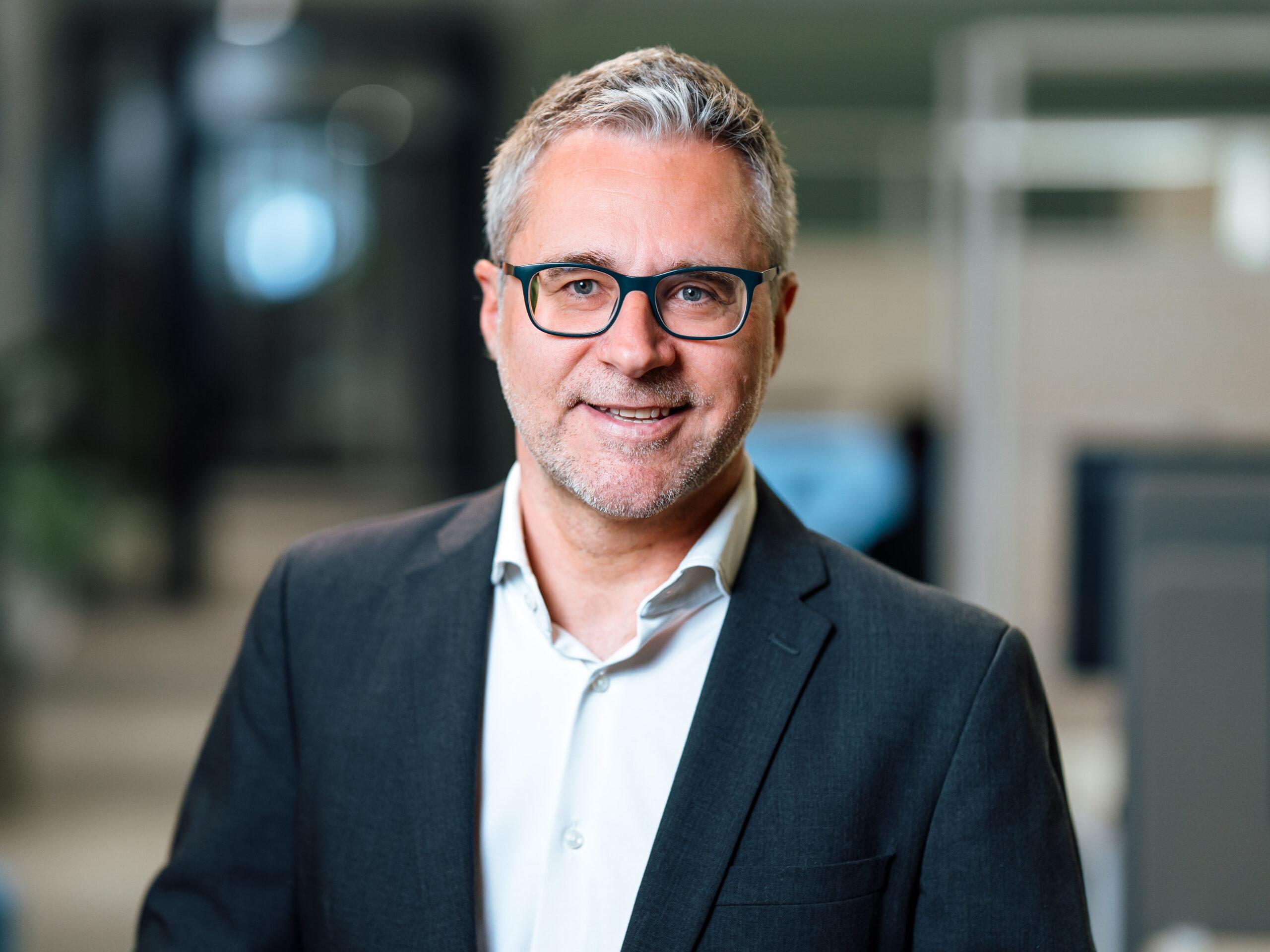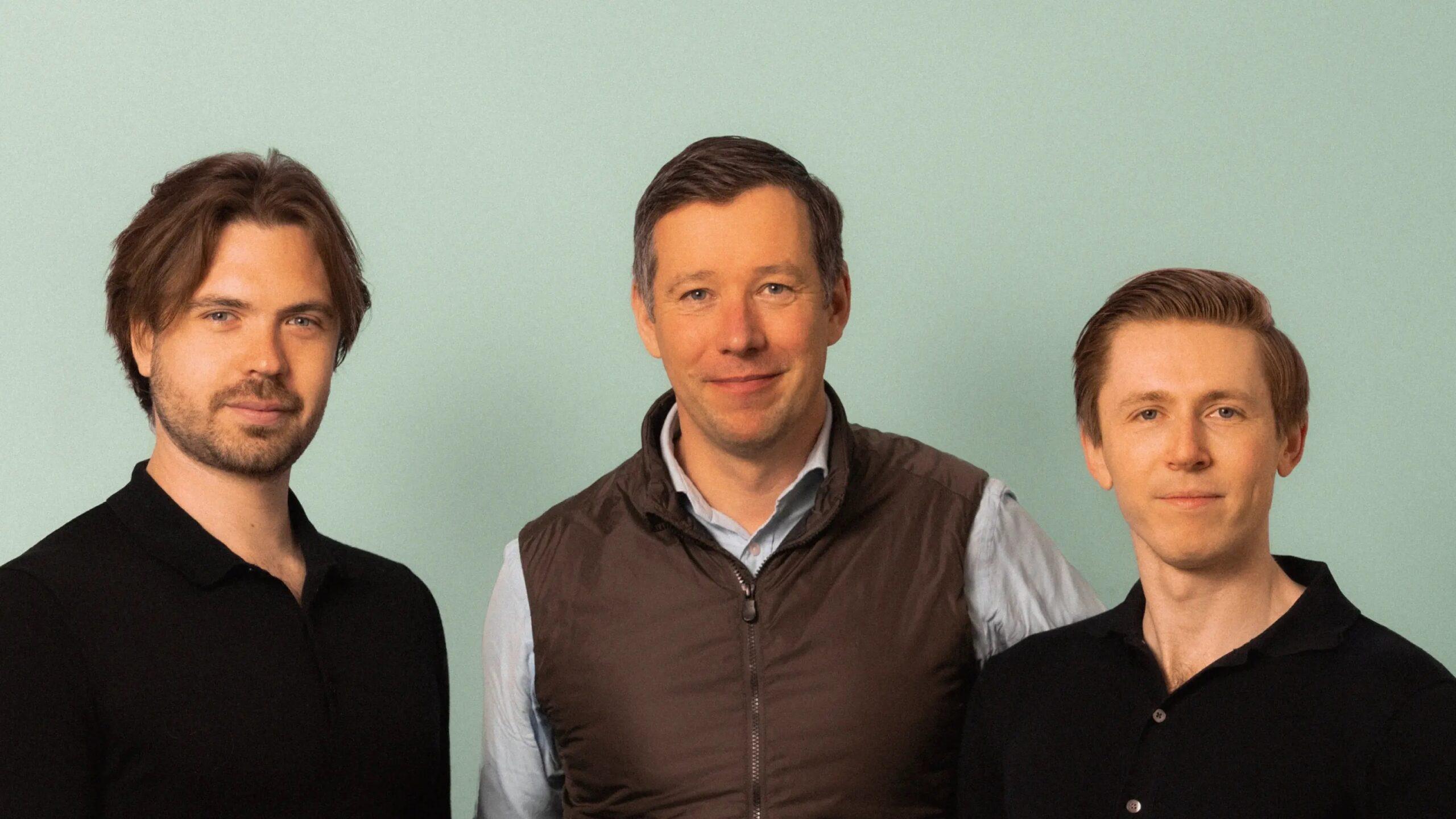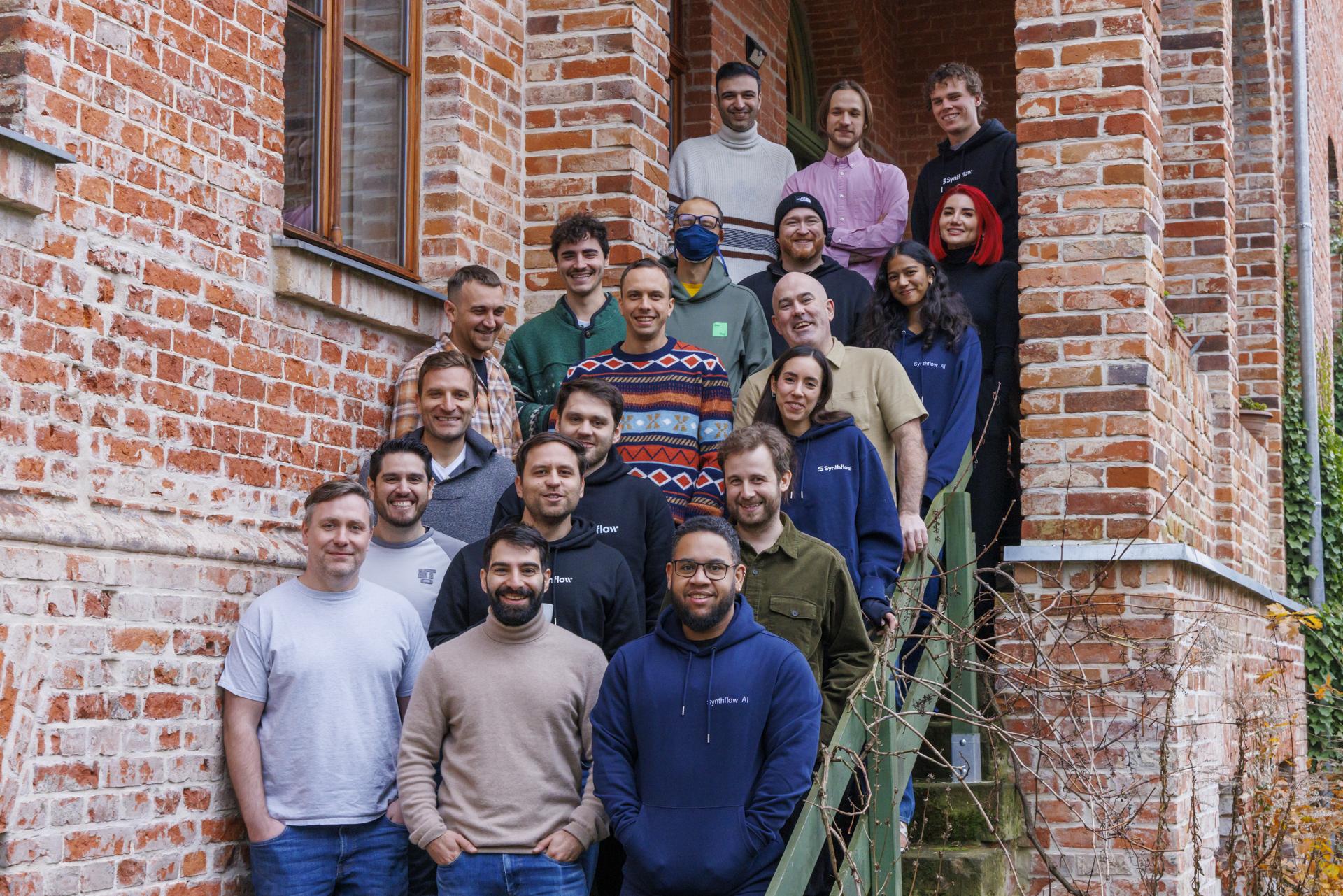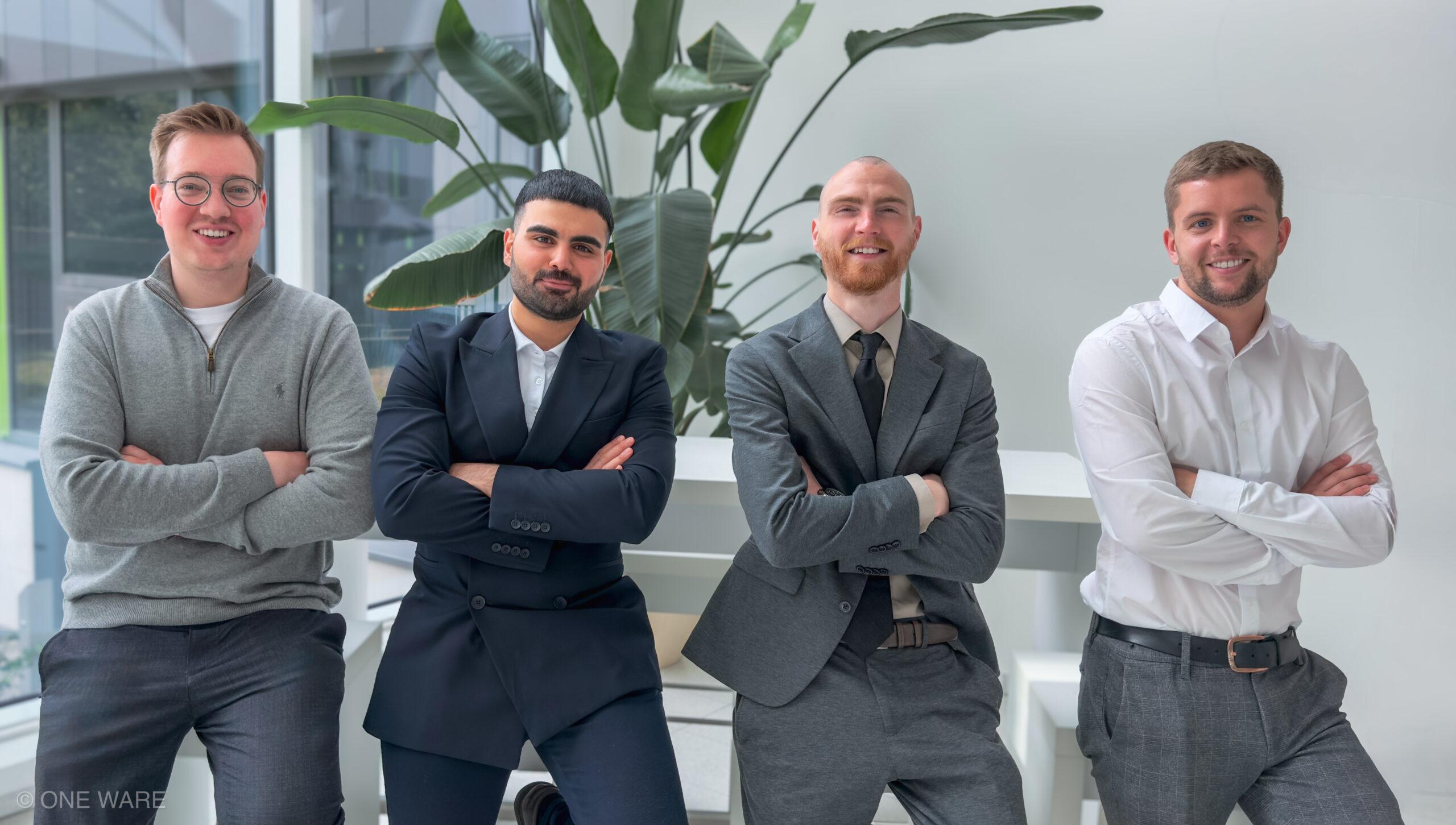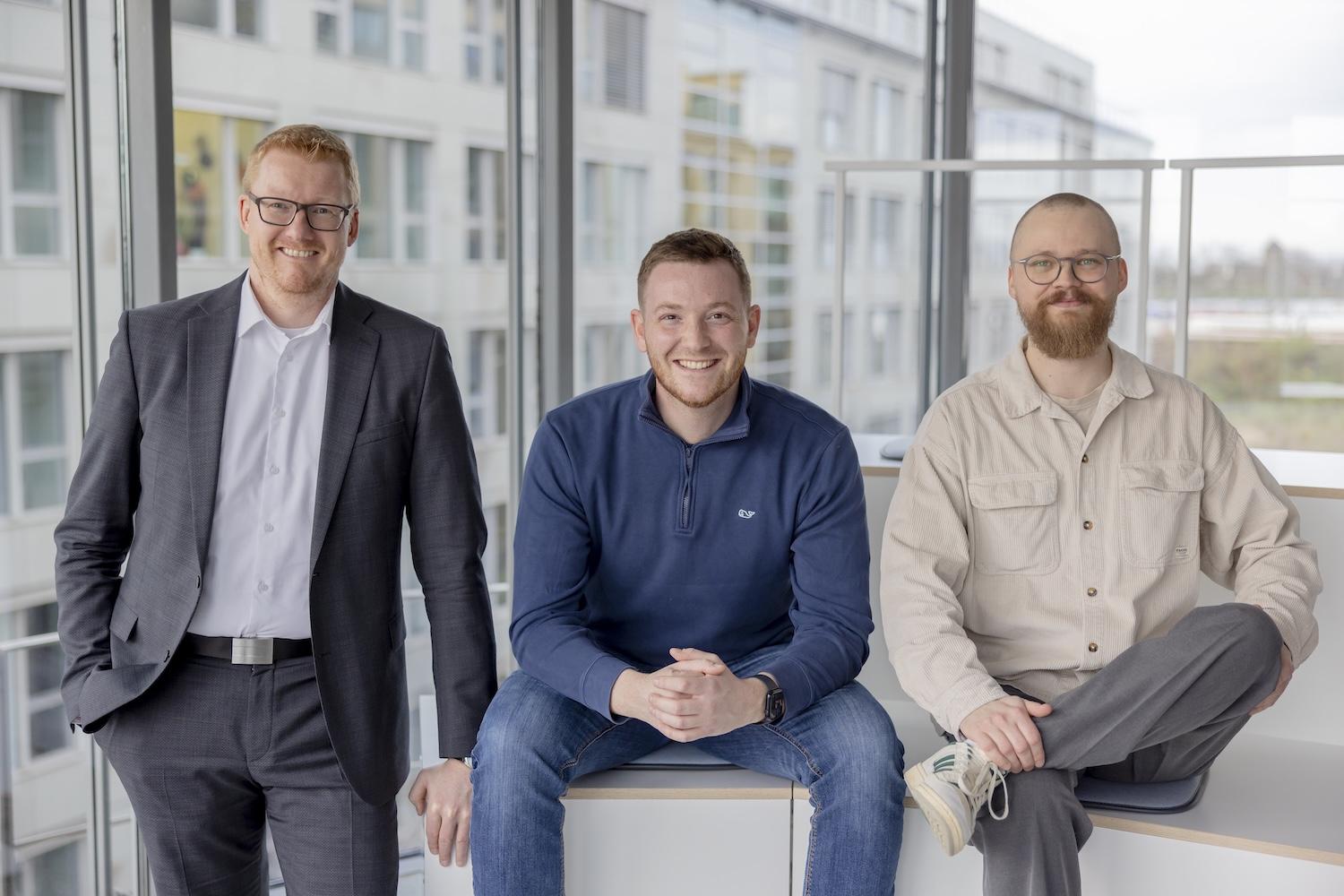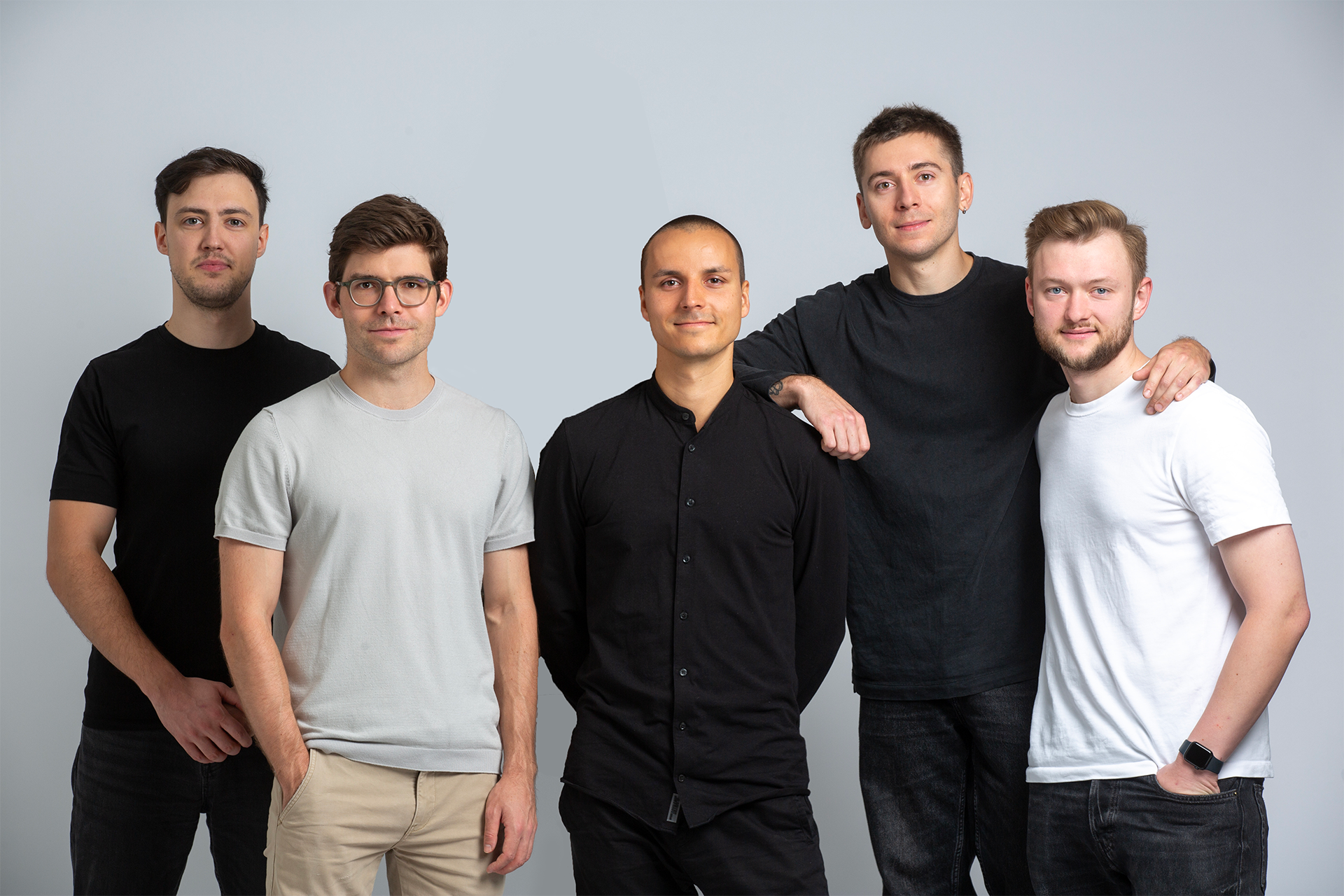Bavest #FintechPortraits

Who wouldn't want the perfect investment plan that tells you which shares are currently in high demand and which you should stay away from? The two founders, Ramtin and Pedram, who studied computer science and business mathematics and have a deep understanding of investments, were also faced with such requests. The two combined their core competencies: artificial intelligence and securities investments and founded bavest. In this interview, founder Ramtin tells us how their start-up uses artificial intelligence to provide global securities analyses, how much you can rely on it and how exactly they have managed to establish themselves in the fintech market.
How did you come up with the idea of founding your start-up?
My co-founder Pedram had been working on the topic of investments for a long time. Even before he began his studies in business mathematics, he wrote a book about investing in the stock market. As a result, many friends and acquaintances approached him and asked for help in selecting shares or ETFs. At the same time, I started studying computer science at the Karlsruhe Institute of Technology and became intensively involved with the topic of artificial intelligence. After we were asked more and more for tips and analyses on investments, I suggested automating the process. At the end of 2018, we started brainstorming and initially collected approaches for AI-based data analysis of assets. To test the idea on a broad scale, we took part in the "GROW" start-up competition at KIT and made it to the final. The feedback was very good, so we ended up founding Bavest Technologies.
And how exactly does Bavest work?
Our products enable customers to analyze stocks and ETFs based on AI. To this end, we have developed an artificial intelligence that is able to generate forecasts for the future. Our AI is based on various economic and financial mathematical models. Our service is primarily aimed at investors with a long-term investment horizon, for which fundamental data and macroeconomic models are ideally suited. Our clients receive their reports automatically within 24 hours. Our next goal is to launch our platform at the end of the year. This will then enable our customers to perform AI-based analyses of securities all over the world, via the web or cell phone.
Do I have a guarantee as an investor? What happens if the AI gives me the wrong tips?
Investing in securities is of course always associated with risks. Bavest's analyses are not an investment recommendation, but merely an objective analysis of a company's data, which may not be complete or correct at any time, see Wirecard. However, cases like Wirecard give us new input for ideas to incorporate other models.

What was the most valuable piece of advice someone gave you during your start-up phase?
There is absolutely no point in developing something, especially if it is more complex, only to realize in the end that nobody wants to use the product. So talk to potential customers right from the start! You also shouldn't be afraid that an idea will be "stolen". An idea is worthless if there is no implementation and no added value for society.
What were the biggest hurdles you had to overcome at the beginning of your start-up?
One of the first major hurdles was the legal basis. In Germany and the EU, there are clear rules on the subject of finance, so we first had to find out what the legal basis was when it came to investment and securities analysis. The next point was the bureaucracy involved in setting up a company. As we were both setting up for the first time, the enormous bureaucracy and lack of digitalization in Germany was a major hurdle that we had to overcome.
What support would you have liked to have had when setting up your company?
What we lacked was a contact person who could familiarize us with the legal situation regarding finances in Germany. The necessary structures are still missing; if you compare Germany with the USA or China, there is still a lot of catching up to do here.
Did you work with an accelerator?
No.
What would you have liked from working with an accelerator?
Most likely that you learn from other experienced founders and that the accelerator helps you in particular where the founding team may have deficits.
There are currently around 900 fintech companies in Germany. How do you manage to assert yourself in such a booming market?

Openness, flexibility and communication skills are essential qualities for success in the fintech sector. Due to constantly emerging technologies and new customer requirements, you have to be able to adapt quickly, otherwise disruption will come knocking at the door. One of the most important aspects is customer proximity: you have to build what customers want and not develop in a way that ignores their wishes.
How do you feel about the current funding opportunities for fintechs in Germany?
We never actively looked for funding opportunities because our mentors thought it would be a long and bureaucratic process. Even if there are funding programs that might be good in the future, the bureaucratic process needs to become digital and simpler.
In which direction do you think the fintech market is developing?
The fintech market is one of the most interesting in our society. Many processes are not yet digitalized and billions of people are just waiting for better, simpler solutions that they can use. Whether in the B2C or B2B sector, there is a lot of disruption and innovation in fintech. Fintech products will become even more personalized to customers' wishes and, above all, many things will be automated. I think that artificial intelligence in general will drive a lot of things forward, such as the recognition of suspicious transactions or the analysis of large amounts of data in the financial sector. If you look at China, for example, or the USA with Square, which is making the financial system simpler and more accessible, you quickly realize that it is a very large and exciting market.
Thank you very much for the interview. Personal details: Ramtin Babaei founded the fintech Bavest together with his brother Pedram Babaei in 2018. After specializing in artificial intelligence during his computer science studies, he worked as a software developer at one of Germany's largest robo-advisors. Here he gained experience in digital financial products and asset management, which he now contributes to the development of Bavest together with Pedram.

Newsletter
Startups, stories and stats from the German startup ecosystem straight to your inbox. Subscribe with 2 clicks. Noice.
LinkedIn ConnectFYI: English edition available
Hello my friend, have you been stranded on the German edition of Startbase? At least your browser tells us, that you do not speak German - so maybe you would like to switch to the English edition instead?
FYI: Deutsche Edition verfügbar
Hallo mein Freund, du befindest dich auf der Englischen Edition der Startbase und laut deinem Browser sprichst du eigentlich auch Deutsch. Magst du die Sprache wechseln?
